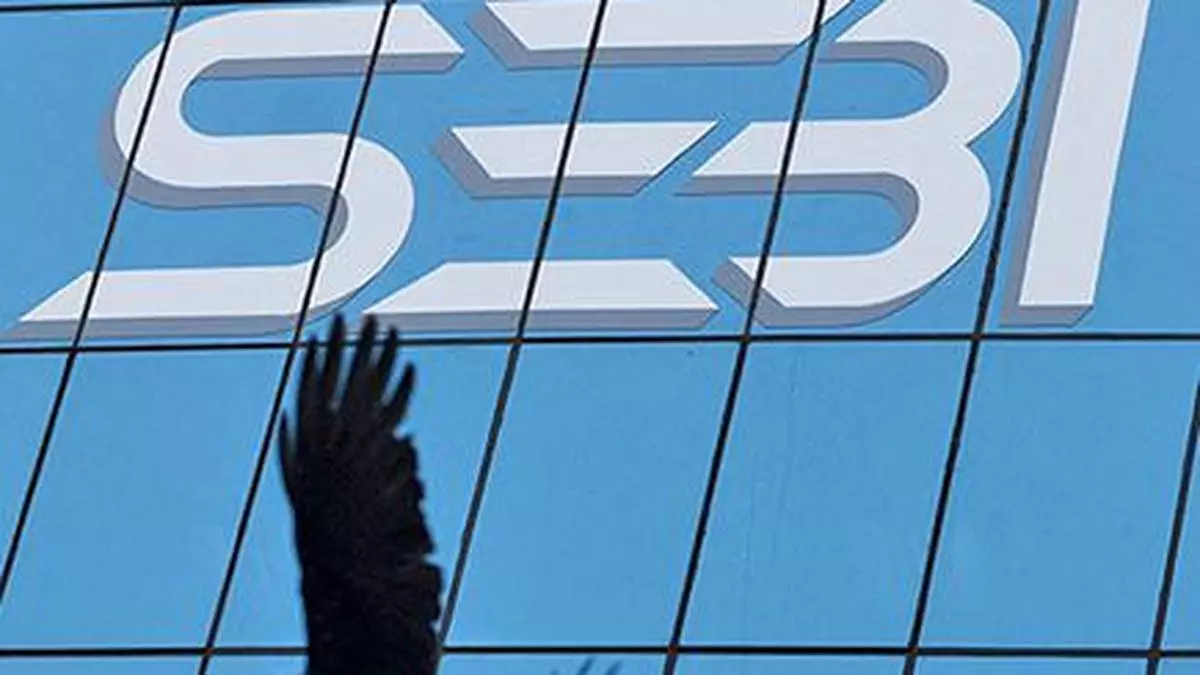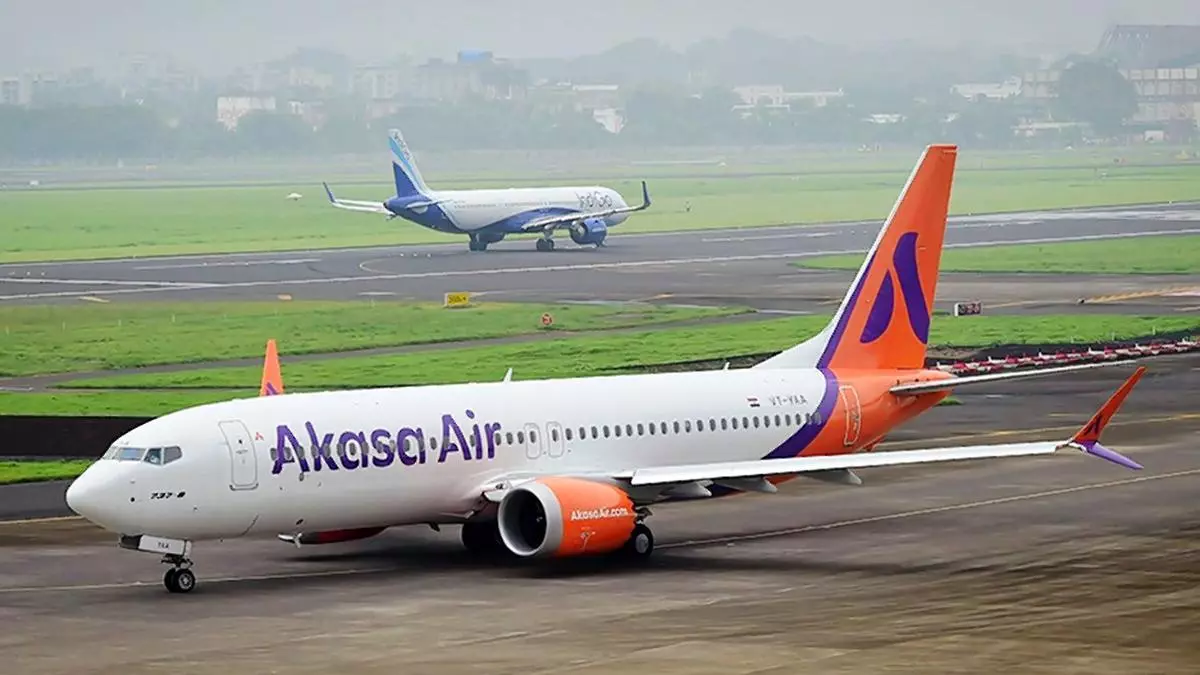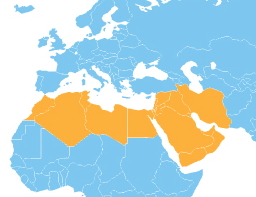A joint venture that lasted over two-and-a-half decades and took Adani Wilmar to a market capitalisation of almost ₹43,000 crore is now ending. The company that owns the well-known Fortune brand and sells edible oil, packaged food and hygiene products is slated to be renamed after one partner, Adani Enterprises Ltd, decided to exit by selling its 44 per cent stake.
Incorporated in 1999 between the Adani group and Wilmar Group — Asia’s leading agribusiness group listed on the Singapore Stock Exchange — the joint venture started with an oil refinery commissioned in Mundra, Gujarat, in 2000. Soon it grew into one of the largest sellers of edible oil in India, and the largest manufacturer of castor oil, lauric fat and oleochemicals. According to a recent agreement between the two partners, Lence Pte Ltd, a wholly-owned subsidiary of Wilmar International Ltd, will buy out Adani’s stake, held by Adani Commodities LLP, a wholly-owned subsidiary of Adani Enterprises Ltd.
Though company officials declined to comment, market analysts say that, despite Adani’s exit, the brands created by the joint venture are expected to rule the roost in the Indian market even as Wilmar hunts for a new partner and looks to transform itself from an oil company into a food company. “The Indian market continues to be one of the largest importers of edible oils, and consumption of food staples remains robust. Adani Wilmar had started off with a vision of becoming a leading agribusiness company and is today a large FMCG entity that sells items like edible oil, wheat flour, rice, pulses and sugar, which account for 66 per cent of the spend on primary kitchen commodities in India. This trend is expected to continue,” said an analyst, who declined to be named.
Product range
Earlier, responding to the Adani Group’s exit from the JV, Singapore-based Wilmar International issued a statement that it will “explore opportunities to bring in strategic investors to participate in AWL’s (Adani Wilmar) growth story”.
“As India grows in wealth and sophistication, the demand for AWL’s branded staple consumer foods will increase in both quantity and quality,” it had said. Wilmar International has over 1,000 manufacturing plants and an extensive distribution network covering China, India, Indonesia and some 50 other countries and regions. Wilmar believes that a strong presence in India will help it “source better” and have improved trade flows into its global network.
The company’s product portfolio spans three main categories — edible oil, packaged food, and FMCG and industry essentials. It sells packaged products under brands such as Fortune, King’s, Raag, Bullet, Fryola, Jubilee, Aadhar, Avsar, Alpha, and Golden Chef. However, the company relies heavily on its flagship brand Fortune. Its edible oil brand Rupchanda is the market leader in Bangladesh, where the company owns and operates two large refineries.
In India, Fortune has become a leading edible oil brand with over 25 per cent market share. While King’s is a soyabean oil brand, sunflower oil is sold under Aadhar brand and Raag, while Alpha and Fryola are palmolein brands. The company’s comprehensive edible oil portfolio also includes rice bran oil, mustard oil, groundnut oil, cottonseed oil, blended oil, vanaspati, and speciality fats like industrial margarine, bakery shortening, lauric fat substitutes for milk fat, and cocoa butter substitutes.
Muted financial year
Despite large revenues in India, the profits of Adani Wilmar remained muted last year. The company, which went public in February 2022, clocked a consolidated revenue of ₹51,262 crore in financial year 2024. However, profits stood at just ₹148 crore. The company has bounced back during the current financial year. At the end of the second quarter of financial year 2025, revenue stood at ₹14,460 crore, up 18 per cent year-on-year. Edible oils and food and FMCG segments delivered year-on-year revenue growth of 21 per cent and 34 per cent, respectively.
“Our flagship brand ‘Fortune’ has been gaining good acceptance with consumers for the entire range of kitchen essentials. This, along with increasing retail penetration and reach in new towns, is leading to strong growth in our banded portfolio. Our other food products like pulses, besan, soya chunks, poha have also been growing in strong double digit and, in aggregate, reached ₹1,500 crore on LTM [last 12 months] basis. Our overall food and FMCG business has crossed ₹5,800 crore on LTM basis and we stay committed to build a very large packaged food business in India,” CEO Angshu Mallick had stated after the second quarter results.
The company has a strong network of manufacturing facilities, with a 2,400-strong workforce across more than 23 plants in 10 states, which includes 10 crushing units and 19 refineries. Ten refineries are port-based to facilitate use of imported crude edible oil and reduce transportation costs, while the rest are mainly located in the hinterland in proximity to raw material to reduce storage costs. The company’s first refinery at Mundra has grown into one of the largest single location refineries in India. The crushing units have an aggregate capacity of over 8,500 tonnes per day while the refineries have a daily capacity of 16,300 MT. Wilmar has the base to build the company to greater heights.









Leave a Comment